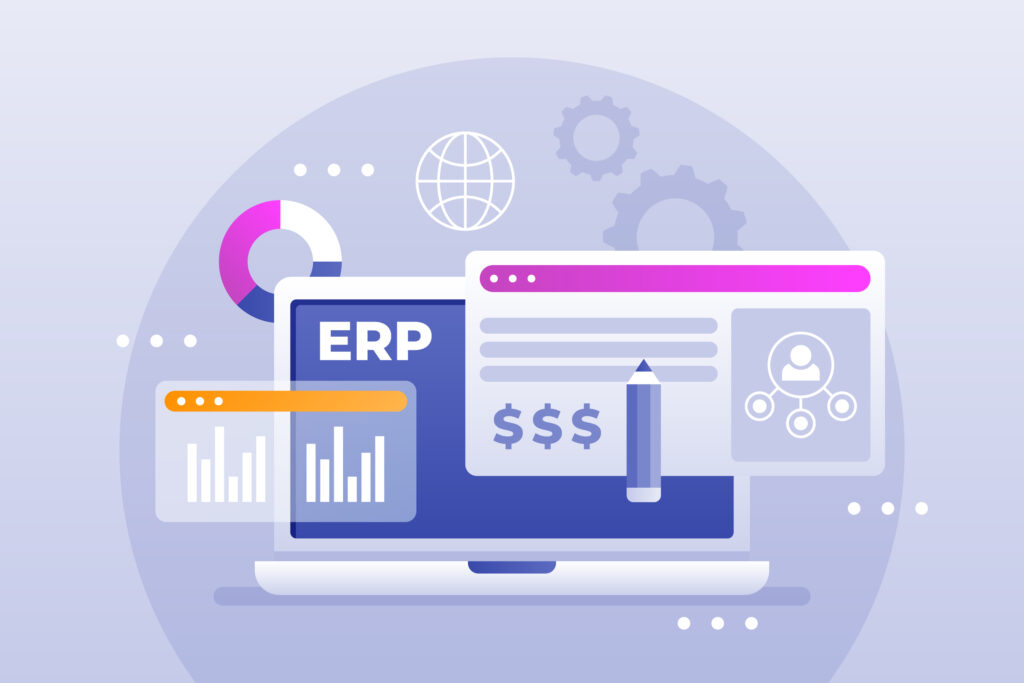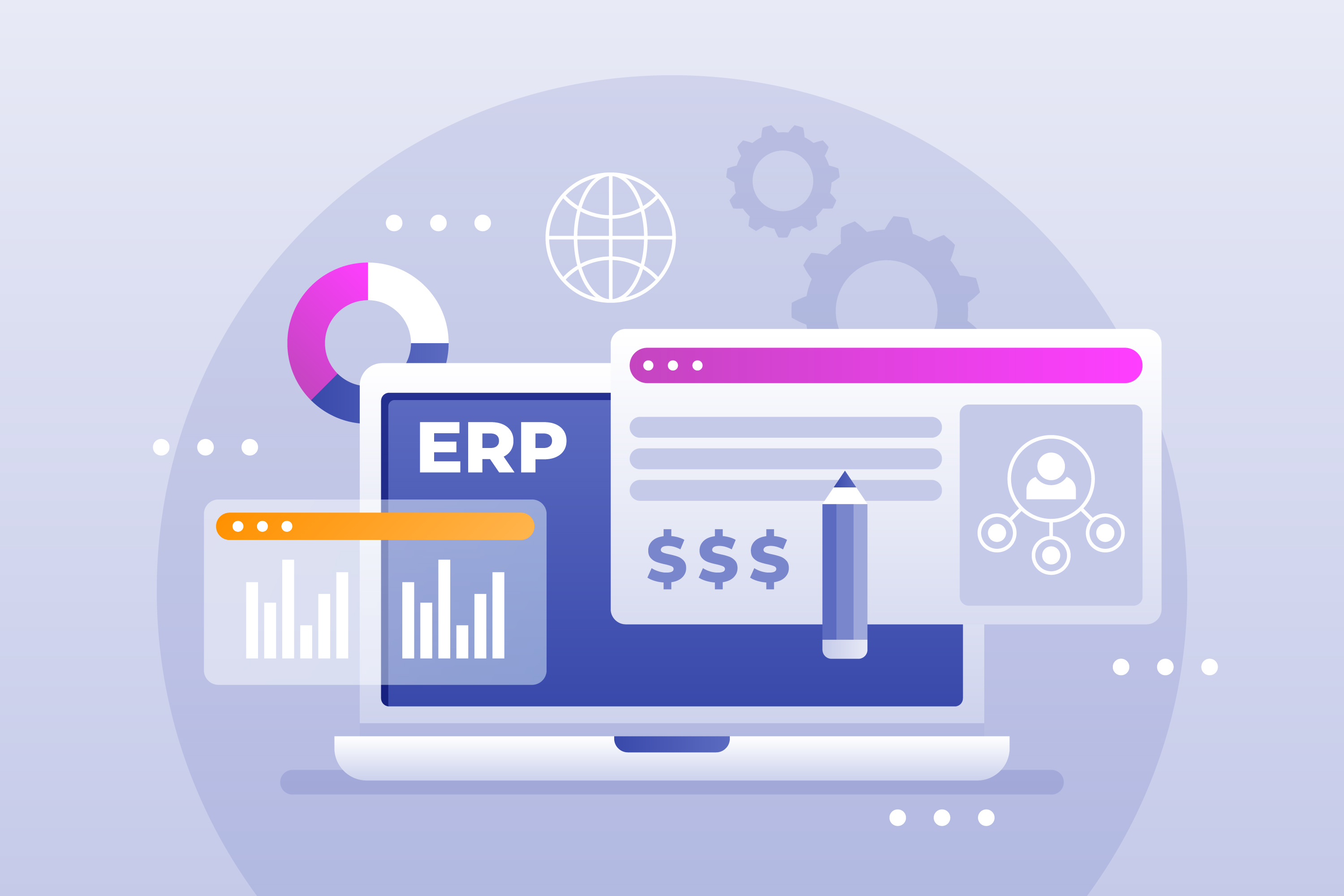Choosing the right eCommerce platform is a critical decision for any business looking to integrate its ERP system. With the multitude of options available, two of the most popular platforms are Magento and Shopify. Both have their unique strengths and features, making it essential to consider several factors before deciding which platform is best suited for your business. In this article, we will delve into the key factors to consider when choosing between Magento and Shopify for an eCommerce store with ERP integration.

1. Flexibility and Customization
One crucial factor to consider is the level of flexibility and customization offered by the platform. Magento is an open-source platform, providing extensive customization options. It allows developers to have full control over the codebase, making it suitable for businesses with unique requirements and complex integrations. On the other hand, Shopify is a hosted platform that offers limited customization options. It provides a user-friendly interface and a range of themes and plugins but may have limitations when it comes to tailored integrations.
2. Scalability and Performance
Another critical aspect is the scalability and performance of the platform. Magento is known for its ability to handle large product catalogs and high traffic loads. It is built to support enterprise-level businesses and can handle complex data structures efficiently. However, this scalability often requires dedicated hosting and more technical expertise to optimize performance. In contrast, Shopify offers a hassle-free experience, with its cloud-based infrastructure handling the scaling and performance optimization automatically. This makes it a preferred choice for small to medium-sized businesses that prioritize ease of use and do not require extensive customization.
3. Cost Considerations
Cost is a significant factor in any business decision, and eCommerce platforms are no exception. Magento, being an open-source platform, is free to use, but additional costs come in the form of hosting, development, and maintenance. For larger businesses requiring advanced features, Magento can be a cost-effective solution. Shopify, on the other hand, operates on a subscription-based model, offering different pricing tiers. While the basic plan may be suitable for small businesses, advanced features and integrations often require higher subscription levels, resulting in increased costs. It’s essential to assess your business’s needs and budget to determine the most cost-effective solution.
4. Integration Capabilities
When considering an eCommerce platform for ERP integration, compatibility and integration capabilities become paramount. Magento provides robust integration options with various ERP systems, allowing for seamless data synchronization between the online store and back-end systems. With its open architecture, Magento can be integrated with industry-specific ERPs, providing businesses with a tailored solution. Shopify, although more limited in terms of customization, offers integration with popular ERPs through third-party apps. It’s crucial to verify the availability and reliability of ERP integration options for both platforms before making a decision.
Selecting the right eCommerce platform for ERP integration is a critical decision that can have long-term implications for your business. When choosing between Magento and Shopify, it’s essential to consider factors such as flexibility, scalability, cost, and integration capabilities. Magento’s open-source nature and extensive customization options make it suitable for larger businesses with complex requirements. Its scalability and performance capabilities can handle enterprise-level needs effectively. On the other hand, Shopify’s user-friendly interface, ease of use, and automatic scaling make it a preferred choice for smaller businesses with less complex integrations.
Ultimately, the decision should align with your business’s unique needs, budget, and long-term goals. Consider consulting with a qualified eCommerce consultant or developer to evaluate your specific requirements and determine which platform will provide the best ERP integration solution. By carefully assessing these factors, you can make an informed decision that maximizes the efficiency and effectiveness of your ERP integration and helps drive your online business forward.
Remember, Magento and Shopify are just two options among many available in the market. It’s essential to research and explore other platforms to ensure you find the best fit for your business. Consider factors such as ease of use, customer support, available features, and overall reputation when evaluating alternative platforms.
Additionally, keep in mind that the decision between Magento and Shopify is not set in stone. As your business grows and evolves, your eCommerce needs may change. Both platforms offer migration options, allowing you to transition between them if necessary. However, migrating from one platform to another can be complex and time-consuming, so it’s best to choose the platform that aligns with your long-term vision to minimize disruptions.
In conclusion, when deciding on an eCommerce store for ERP integration, carefully weigh the factors discussed in this article: flexibility and customization, scalability and performance, cost considerations, and integration capabilities. By thoroughly evaluating these factors and considering your business’s specific requirements, you can make an informed decision between Magento and Shopify or explore other platforms that better suit your needs.
Remember that the success of your ERP integration depends not only on the chosen platform but also on effective planning, execution, and ongoing optimization. Seek the assistance of experienced professionals and leverage their expertise to ensure a seamless integration process that maximizes the benefits of your eCommerce store and ERP system working together harmoniously.
By making the right decision and leveraging the power of ERP integration within your eCommerce store, you can streamline operations, enhance customer experiences, and drive sustainable growth for your business in the highly competitive online marketplace.
Related Articles:




